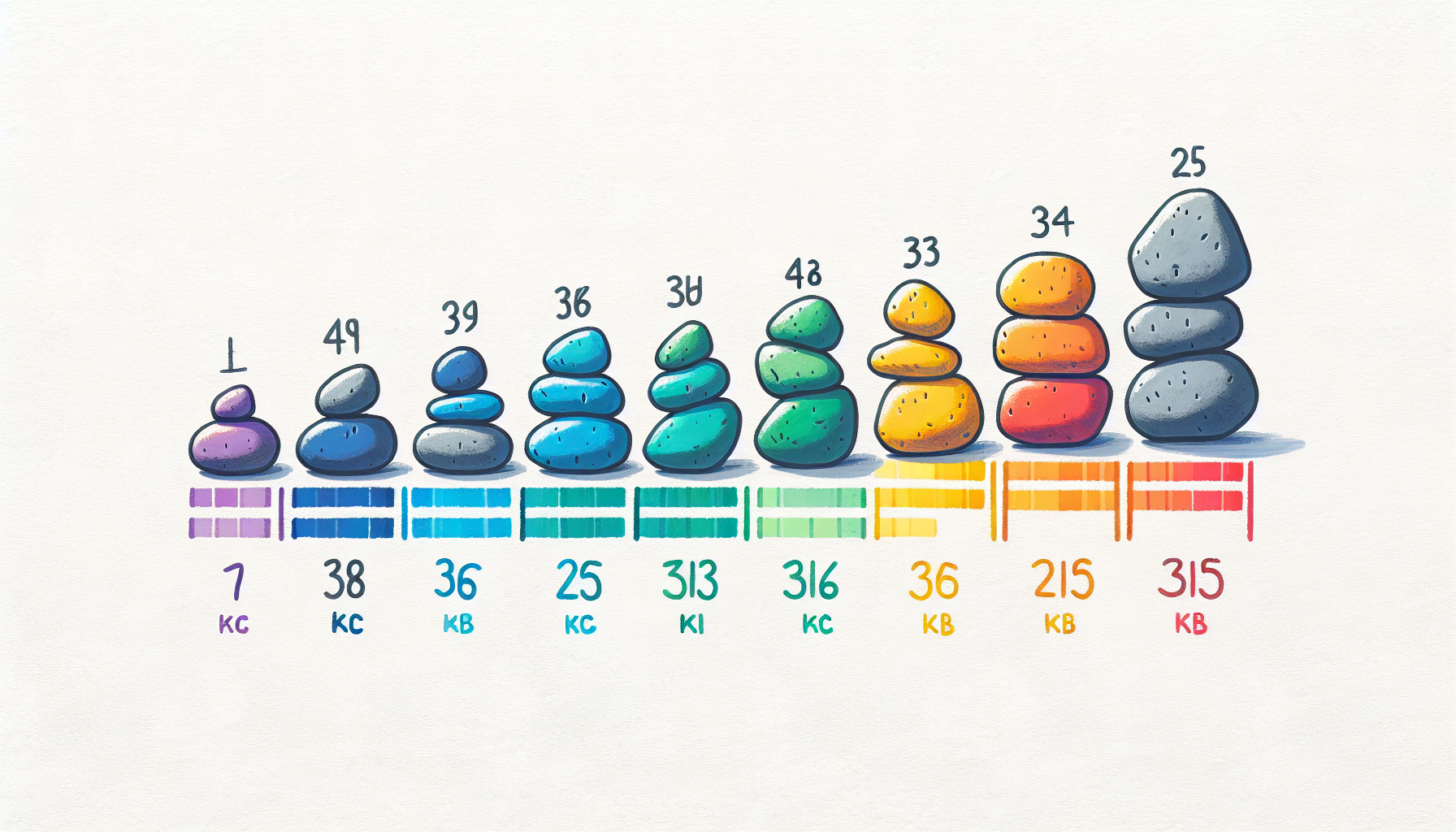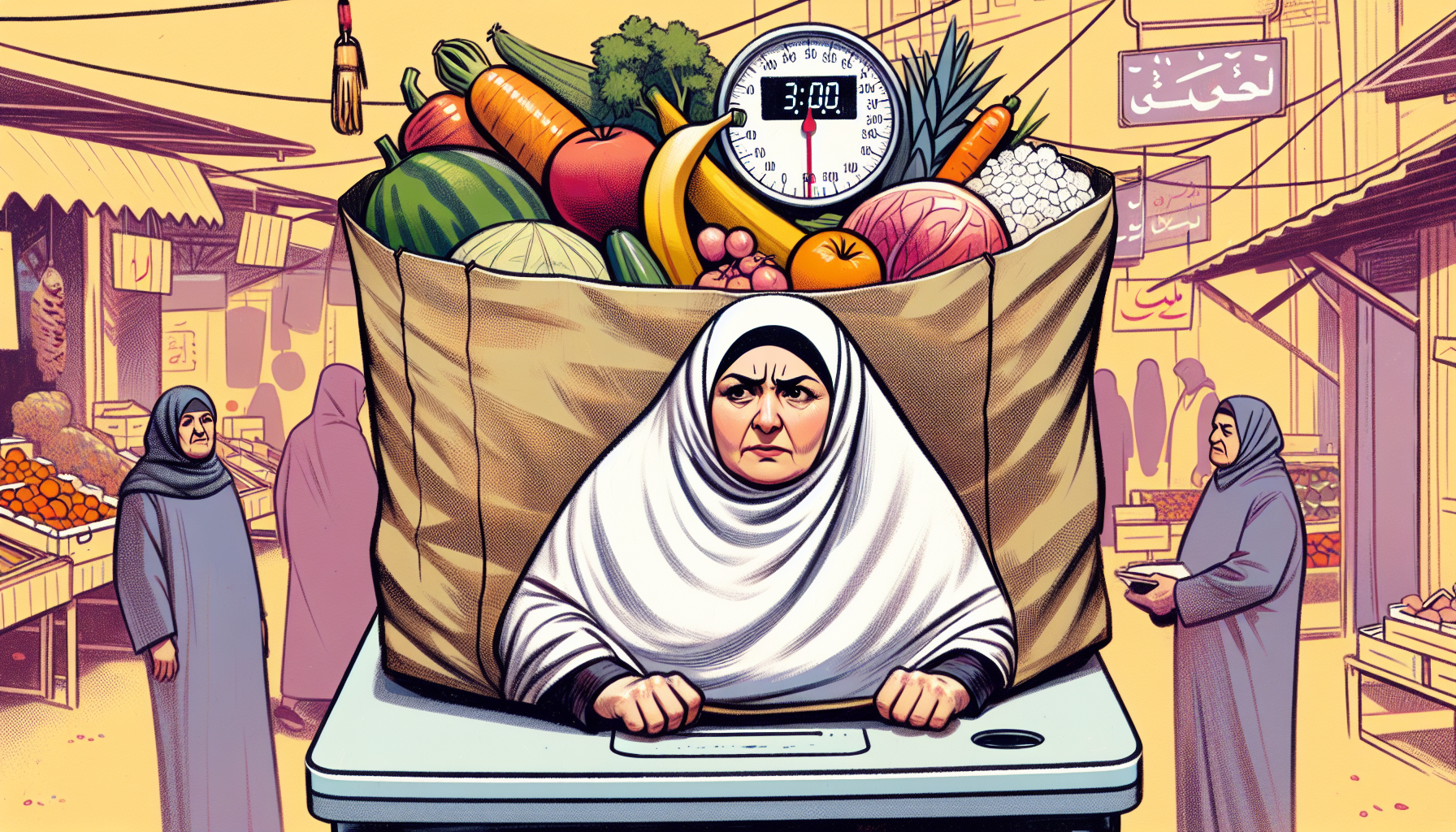70 kilograms is approximately equal to 11.02 stones when converted using the standard conversion factor of 0.157473.
For precise conversion from kilograms to stones, the number of kilograms should be divided by 6.35029318, yielding 70 kg as 11.023 stones.
Online weight conversion tools and visual aids like conversion charts facilitate the process, but it’s essential to use reliable resources and cross-verify the results to avoid conversion errors.

To grasp the fundamentals, one should note that ‘kg’ stands for kilogram, which is the fundamental unit of mass in the metric system known as the International System of Units (SI). Conversely, a stone or ‘st’ represents a traditional weight measure prevalent in Britain and Ireland equaling 14 pounds or roughly 6.35 kilograms.
Now when it comes to transforming kilos into stones, we use a specific conversion rate—precisely 0.157473. To illustrate: if you have one kilogram, this corresponds to 0.157473 stones. Utilizing this information allows us to calculate and provide an answer for questions such as “how many stones are there in 70 kg?”.

Equipped with the fundamental knowledge, we can embark on converting 70 kilograms into stones. The initial action involves applying the proper formula that requires dividing the weight in kilograms by 6.35029318.
Consequently, when you divide 70 kg by this figure, it translates to changing a weight of 70 kg into its equivalent in stones. This arithmetic brings us to an estimation where carrying a load weighing 70 kilograms would mean shouldering roughly 11.02 stones!
In matters of mass, accuracy is crucial. Let’s say we need to compute the precise quantity of stones that correspond to 70 kg. By applying the appropriate conversion ratio, one would find that 70 kilograms equate to precisely 11.023 stones.
Nevertheless, in instances where a calculator isn’t accessible, you could approximate that 70 kg is nearly equivalent to about 11 stones. This rough estimate incurs a trivial error margin of roughly 0.2%. It remains essential to preserve decimal points when converting from kilograms into stones if one wishes to avoid errors caused by rounding and maintain exactitude in measurements.
Using technology to our advantage, especially with online weight conversion tools, can greatly simplify our lives. It is incredibly useful when we want to convert weights from kilograms (kg) to stones without having to understand the intricacies of the mathematical formulas involved.
When you need a quick conversion of 70 kg into stones, these web-based calculators are quite handy. Just type ‘70’ in the space provided for kilograms and voilà – you receive an immediate calculation showing how much 70 kg weighs in stones. It’s important that the tool used for this purpose should be both accurate and up-to-date so as not to give rise to any discrepancies during conversions.
The conversion of weight from kilograms to stones requires knowledge of the exact rate at which these units interconvert. To convert a given number of kilograms into stones, one should divide that figure by 6.35029318.
In situations where you don’t have access to a calculator, there are mental tricks for performing speedy conversions. By applying certain multiplication and division techniques on the quantity in kilograms, you can approximate its stone equivalent quite accurately with only slight room for error.

At certain times, graphical tools can make conversion processes more intuitive. A reference chart for conversions conveniently displays weights like:
10 kg (equivalent to 1.57 stones)
20 kg (equivalent to 3.15 stones)
30 kg (equivalent to 4.72 stones)
40 kg (equivalent to 6.30 stones)
50 kg (equivalent to 7.87 stones)
and finally, the weight of a person - around70kg
The visual representation on this chart facilitates swift comparisons between kilograms and their equivalent in terms of stone.
The chart details weights not only at the exact 70kg mark but also includes 69kg, which is approximately 10.9 stones, and 71kg, roughly equating to 11.2 stones. This range allows for a quick reference when one needs to convert weights around 70kg into the equivalent in stones, providing a convenient tool for those seeking swift conversions for tasks that demand rapid estimations between kilograms and stones.
Incorporating the pound as an extra unit of measurement offers a fuller grasp of weight. We begin converting 70 kg to stones and pounds by dividing the kilogram value by 6.35029318, which is similar to our earlier approach.
Afterward, we focus on converting the decimal portion of our result in stones into pounds. This is achieved by multiplying that decimal part with 14. Consequently, when translating 70 kg using this method, it yields an approximation of around 11 stones and then adds roughly 0.28 pounds for accuracy’s sake.

Exploring weight conversions beyond 70 kg can be quite useful. For accurate conversion from pounds (lbs) to kilograms, one should multiply the number of pounds by 0.45359237.
Conversely, when estimating the weight in pounds from kilograms, simply take twice the number of kilograms and add a Ten percent of this doubled figure on top. When dealing with weights such as 80 kg and you wish to convert them into stones, apply the formula where you divide the kilogram value by 6.35. This will give you around 12,6 stones.
Exploring the intricacies of weight conversion requires an understanding of how kilograms, stones, and pounds correlate with one another. Originating from the Roman mass unit ‘libra’, the pound has long been a measure of weight alongside the kilogram—each having roots in distinct systems of measurement.
Acknowledging these units’ standardized histories is critical when applying precise conversion factors during computations. Such precision guarantees that our conversions between weights maintain both accuracy and uniformity across various calculations.

Understanding weight conversion is not just a matter of theoretical knowledge. It has tangible uses in everyday life. For example, stones are commonly employed as a unit for expressing body weight informally within the UK and Ireland, particularly prevalent in sports such as boxing, wrestling, and horse racing.
Conversely, kilograms stand as the preferred measurement across the majority of global contexts including scientific studies and technical industries because of their precision and widespread acceptance. This significance is underlined by international travel practices where baggage limits are universally denominated in kilograms, highlighting the essential nature of grasping this particular unit.
In wrapping up our discussion on weight conversion, it’s crucial to remain vigilant about the potential for common mistakes during the process. Even though digital conversion tools can be useful, their precision isn’t always consistent.
Typically, these online resources include a warning indicating that although they strive for accuracy in conversions, those maintaining the tools do not assume responsibility for any errors or oversights and will not be held accountable for inaccurate results or any consequential harm. Hence, double-checking your conversion outcomes is recommended as a prudent measure.
In this journey through the world of weight conversion, we’ve demystified the process of converting kilograms into stones and pounds. From understanding the basics to troubleshooting common errors, we now hold the keys to accurate and practical weight conversion. Remember, whether you’re carrying a 70 kg luggage or calculating a boxer’s weight, the power of precise calculation is now in your hands!
Approximately, 70 kg is equivalent to 11 stones and a fractional weight of 0.35 pounds, or precisely equal to about 11.03 stones in total.
10 stone and 3.3 lbs is the same as 65 kg.
By inputting ‘70’ into the kilograms section of a digital conversion tool, it will reveal the corresponding weight measured in stones.
To estimate the conversion from kg to stones, one can multiply the kilograms by four twice and then shift the decimal point leftward by two positions. Alternatively, dividing the amount in kg by 19 followed by tripling that quotient will also provide an approximate result in stones.
Kilograms are the preferred unit of weight in scientific, technical, and global settings, whereas stones are typically utilized for indicating body weight within the United Kingdom and Ireland.
The kilogram is the base SI unit for mass (acceptable for use as weight on Earth). It uses the symbol kg.
It is the only SI base unit with the prefix as part of its name (kilo). The word is derived itself from the French 'kilogramme' which was itself built from the Greek 'χίλιοι' or 'khilioi' for 'a thousand' and the Latin 'gramma' for 'small weight'.
It is now used worldwide for weighing almost anything - and has quickly become commonly recognised and understood by the masses. It is sometimes shortened to 'kilo' which can cause confusion as the prefix is used across many other units.
In 1795 the kilogram was first used in English and was defined as the mass of one litre of water. This provided a simple definition but when used in practice it was difficult as trade and commerce often involved large items. Weighing a large object using large quantities of water was inconvenient and dangerous. As a result, an object made out of a single piece of metal was created equal to one kilogram. This platinum-iridium metal, called the International Prototype Kilogram, has been kept in Sèvres, France since 1889.
The stone is a unit of mass (acceptable for use as weight on Earth) and is part of the imperial system of units. It has the symbol st.
In historical times actual stones were used as weights, a practice that was adopted worldwide for more than 2000 years.
In Europe, up until the 19th century, the stone was frequently used in the trade industry to measure weight. Each country had their own weight of the stone which varied between regions and what was being traded. As a result, the metric system was adopted in most European countries.
In England in 1389 a stone of wool was characterized as weighing fourteen pounds (lbs). Despite the fact that a stone of different materials would not necessarily weigh exactly fourteen pounds, the stone became accepted as weighing exactly 14 lbs.
The stone is also used in sports. In horse racing it is used to describe the weight that a horse has to carry. The weight includes the jockey as well as overweight, penalties and allowances. It is also used to express human bodyweight in sports such as boxing and wrestling.
In the UK and Ireland people will often use stone and pounds (e.g. 11 st 5 lbs) to express their weight. In contrast people in the United States will most commonly use just pounds (eg. 159 lbs).
Although the Stone has not been recognised in the UK as a unit of weight since 1985, it is still the most common and popular way of expressing human weight in this country.